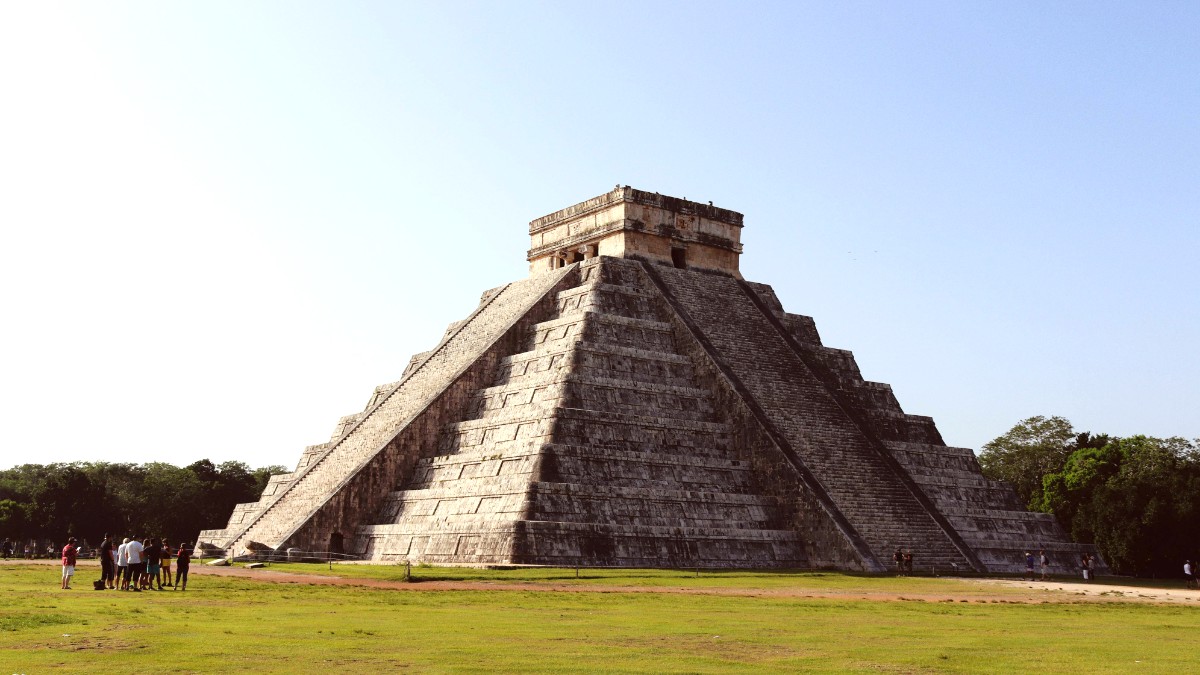
Yucatan Peninsula, Mexico
Chichen Itza and various biosphere reserves are protected sites. Respect all rules regarding structures and paths.
Recycling varies; reduce plastic use, bring a reusable water bottle, and dispose of trash properly.
Groundwater is vulnerable. Conserve water and rinse off products before entering cenotes.
Mindful practices support the unique ecosystems of the Yucatan.
The Chichen Itza archaeological zone is a protected site. Numerous natural areas are vulnerable and call for careful treatment.
Infrastructure varies across Mexico. Recycling facilities may be limited in smaller towns.
The Yucatan's geology means groundwater, accessed through cenotes, is highly vulnerable to contamination.
Flights significantly contribute to your carbon footprint. Consider offsetting your emissions.
Your choices as a traveler can directly impact conservation. Supporting organizations focused on protecting the rainforest and wildlife.
Visit The Rainforest SiteBy choosing sustainable options, you contribute positively to the preservation of the Yucatan's unique environment and cultural heritage.
Learn MoreYour interactions with local communities play a role in cultural preservation.
Support organizations and initiatives that preserve Mayan language, traditions, and archaeological sites.
Your demeanor can greatly affect your interactions.
Avoid intrusive photography of people in private moments or activities.
Do not photograph private homes or ceremonies without explicit permission. Remember that local people are not tourist attractions.
Dress modestly (shoulders and knees covered) when visiting churches. Be quiet and respectful inside; do not touch altars or religious artifacts.
When asking for photos, be prepared for a "no." If they agree, a small tip might be appropriate, but do not offer money upfront to solicit photos.
Showing genuine interest and respect fosters positive cultural exchange during your journey.
Your travel spending can create a meaningful economic impact.
Seek out and support initiatives that directly benefit local Mayan communities.
Ensure that producers receive a fair price for their work.
Your choice of where to spend money directly affects the local economy.
Be mindful of exploitative situations.
If you wish to donate, conduct research to ensure your contribution has a positive impact.
Identify local non-profit organizations focused on education, health, environmental conservation, or community development.
Donate directly to reputable organizations rather than individuals on the street to ensure funds are used effectively for the community.
Support programs that foster long-term self-sufficiency and empowerment within communities.
Avoid giving money directly to begging children as it may encourage them to stay out of school and contribute to a cycle of poverty.
Conscious spending decisions directly support local livelihoods and contribute to a more equitable tourism economy.